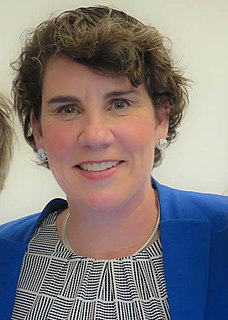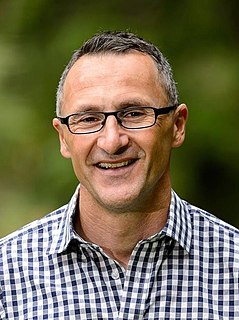A Quote by Paul Farmer
You can't have public health without a public health system. We just don't want to be part of a mindless competition for resources. We want to build back capacity in the system.
Quote Topics
Related Quotes
In 2009, when I was Health Minister, we re-engineered our business processes to examine the weaknesses and opportunities in our health system. Following that exercise, we established a public health emergency management system from national to district level to prevent and provide rapid response to outbreaks.
In comparison to the U.S. health care system, the German system is clearly better, because the German health care system works for everyone who needs care, ... costs little money, and it's not a system about which you have to worry all the time. I think that for us the risk is that the private system undermines the solidarity principle. If that is fixed and we concentrate a little bit on better competition and more research, I think the German health care system is a nice third way between a for-profit system on the one hand and, let's say, a single-payer system on the other hand.
Your body can heal itself. It can do so because it has a healing system. If you are in good health, you will want to know about this system, because it is what keeps you in good health and because you can enhance that condition. If you or people you love are sick, you will want to know about this system, because it is the best hope for recovery.
The German health care system is unique in its attempt to combine competition among sickness funds on the one hand and a universal coverage plan on the other hand. Most health care systems are either one or the other, so you either have private insurance and competition but not everyone is covered for everything, or you have a single-payer system. So the ideal types are like the American system on the one hand or the Scandinavian or U.K. systems on the other end.
Germany tries to combine the advantages.
The legalization of drugs, a proliferation of a public health approach to drug use and drug addition, a compassionate mental health system. And can we just say gender equality and the end of mass incarceration and the final shedding of the vestiges of a slave-based nation? Can we have that, too? Can I have it all?
The best way to alleviate the obesity "public health" crisis is to remove obesity from the realm of public health. It doesn't belong there. It's difficult to think of anything more private and of less public concern than what we choose to put into our bodies. It only becomes a public matter when we force the public to pay for the consequences of those choices.
I think the Scandinavian health systems are better when it comes to preventative care than the German system, because in the Scandinavian systems, the government is really more active in defining treatment, goals and defining health priorities. The German system is a competitive system with little government intervention. The price for this is that the government cannot set a health agenda. And the Scandinavian systems have little competition, so you often do have waiting lists. But on the other hand, you then have the government which can push for prevention.
I've obviously come from a health background. I was a doctor before I became a pollie and one of the things I'd like to do is to really build on the world-class health system we've got. I'm passionate about climate change because it's also a health issue. Things like extreme weather impact on people's health, the ability of our hospitals to cope, the impact on mental health, on farmers in regional areas - they're all serious health concerns.
The other way that you democratize the food movement is through the public school system. If you can pay enough for the school lunch system so that it can actually be cooked and not just microwaved, so that these schools can buy local food, fresh food, because right now it's all frozen and processed, you will improve the health of the students, you will improve the health of the local economy, and you will have better performing students.
































